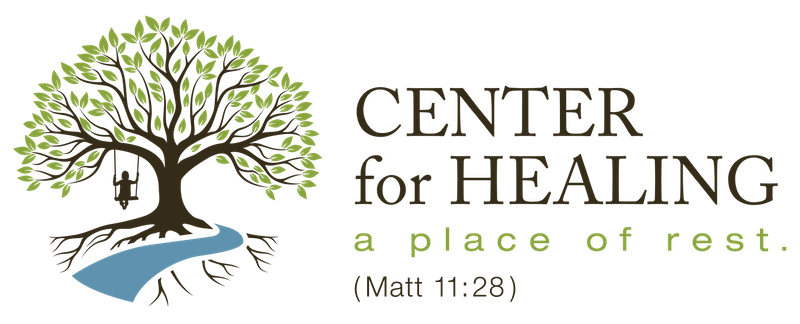
I watched a great interview recently between Matt Fradd and Peter Kreeft. In one excerpt of the interview (see https://youtu.be/NhNkFgJhHyE around 8 minutes in) the two were speaking of some of our struggles to be still, face ourselves honestly and allow things to surface that prompt what I would call a good “growth wrestle.” We want life to go well but facing the challenges in our lives feels disagreeable.
We want relief from the process of growth, wanting a certain/guaranteed answer, a 5-step process, or the assurance that if we _______ we will get ______. We want a world where we press a button and get a result, google a question and get an answer. We don’t want things to be hard.
Sometimes this is all well and good, but Peter Kreeft highlights that one reason we have this problem is because in this day/ age we are “techies.” He remarks that “technology is a way of making something that’s hard into something that’s simple…but there is no such thing as spiritual technology. Life is not meant to be easy. It’s meant to be hard.”
There is no such thing as spiritual technology. [Life] is meant to be hard. Good word Peter! It certainly rings true for me and so many people I work with. People who come in facing gut-wrenching challenges, many of them things they didn’t choose. People who might say “I never thought my life would go this way.” Or others, who come in asking the question “why did my life go this way? There is nothing good, fair or just about what I experienced.”
It is tempting to try to rescue people from these hard realities, but it is impossible to do so. There is no one right answer, step or quick solution. There is no quick way to take the challenges of life and make them simple. There is no technology that makes their struggle simpler.
On one hand, this can feel discouraging. Challenges feel daunting. Emotionally we feel stuck, defeated and hopeless and we fear that nothing will ever change. But on the other hand, when life is hard, we can be driven to ask questions and to struggle. We face, in an important way, our own brokenness and the brokenness of others. We see things as they are: not a perfect world, but world greatly in need of help, reformation and transformation.
Through the hardships of life, deeper things get exposed—fears, needs, instincts, wounds, etc. We recognize some ways that we have coped with this broken world that actually do not serve us well long term.
Most of us have developed some unconscious and conscious ways of reacting to the world and its problems. These are not always harmful, but over time they break down and do not help us in our dealing with problems anymore. In the psychological world we call these “ego defense mechanisms” – fascinating ways we cope with and respond to hardship. You can read more about some of these responses here: https://www.renewalcenter.org/wp-content/uploads/2016/02/defensemechanisms.pdf and consider what mechanisms you have most often used.
Have you operated in denial, and just tried to pretend that life and its problems didn’t exist? Have you minimized so things didn’t look as bad as they were? Have you somaticized issues, and had issues express themselves in physical problem after physical problem? Many of these defense mechanisms can be helpful for a time, and my goal as a therapist is never to force anyone to rip these mechanisms away. But sometimes they cease working, and that point is a great time to do the hard work of going deeper. Here, instead of the quick or subconscious fix, we can go on the journey to find deeper places of truth, love and hope. We can find the “more” of relationship and connection—with God, others, and with ourselves. We can sit with the pain and wrestle with its implications. We can acknowledge what we need. We can face our losses. We can grieve.
This is often where community and therapy come in. We meet with people who are willing to join us on journey in the difficulty of life. We find people who are willing to face our hardships with us and see things we’re not seeing in the midst of it. We find people who are stabilizers to us as we face hard things. We find connection and kindness and empathy so that we might have the courage to live. We work to find a way to walk through the hardship we are in and become more than we were before. We grow in the midst of hardship.
Viktor Frankl, Holocaust Survivor and Austrian Psychologist was no stranger to hardship. He spent time in four concentration camps before being liberated in 1945 and subsequently shared many thoughts he had about the meaning of life in the presence of suffering and challenge. He had experienced these realities firsthand. But Frankl found meaning in the belief that “When we are no longer able to change a situation, we are challenged to change ourselves.” (Viktor Frankl, Man’s Search for Meaning)
Hardship is inevitable. There is no quick fix to minimize or alleviate it. But when we are stuck in situations we did not choose, we still have freedom—to grow and change ourselves. Friends, let’s commit to that process as we approach our lives, and let’s do it in communion with others who are doing the same!
Peace, Abbey Foard MA, LPC, NCC



